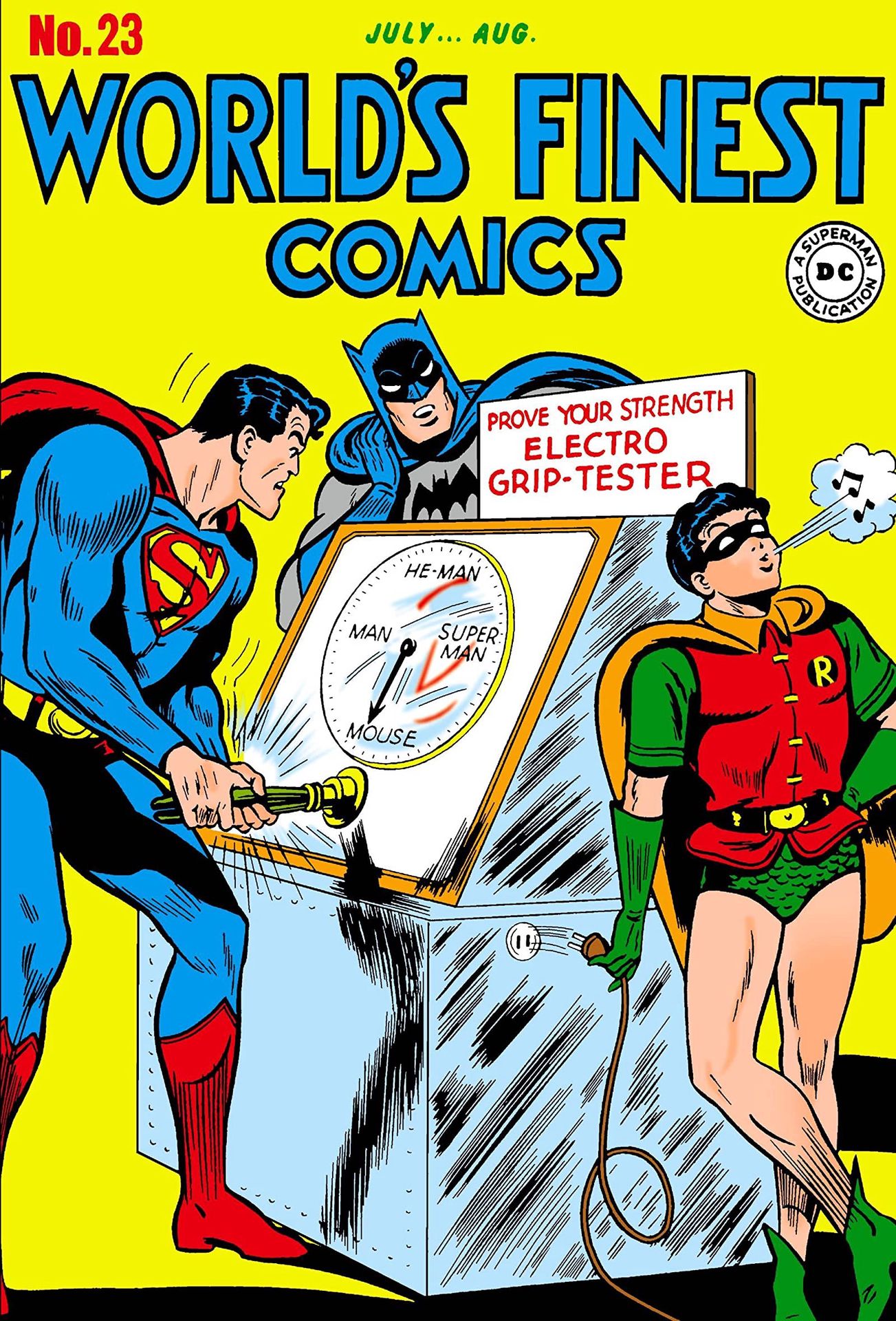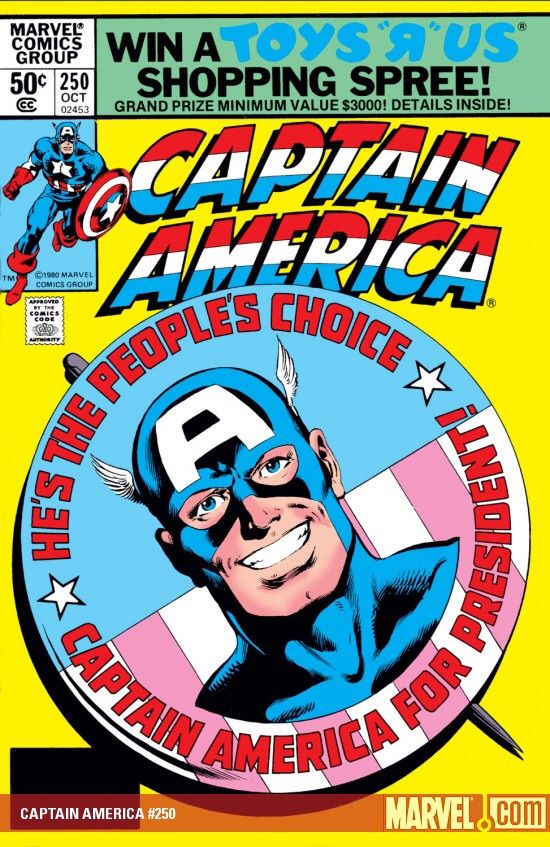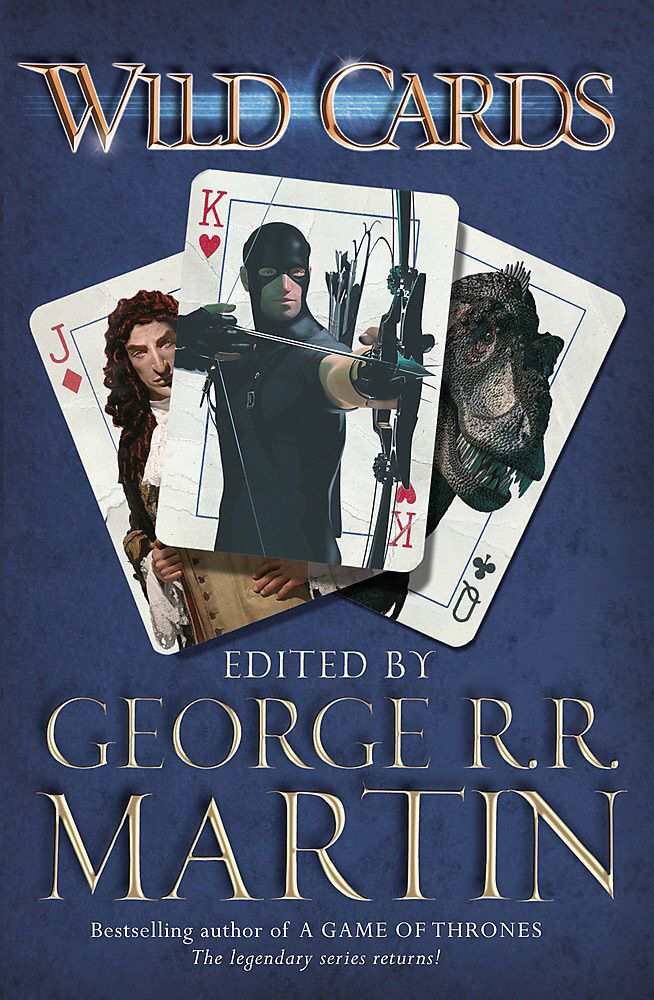Super Hero Fantasy

by Vapid_Ink
When the word superhero is used, the image that comes to mind is usually capes, masks and colorful suits. It's villains with maniacal plots and damsels in distress waiting for their hero to save the day. But like the person beneath the mask, the genre goes deeper than the time-honored tropes so popular in superhero fiction.
To understand the genre and the way it continues to evolve, one must look at the start of it. Beyond comic books, there are the myths of old heroes like Theseus and Hercules. Stories of those with exceptional abilities who took on the evils of the world. It was in these stories that we first see some of the themes that have remained to this day.
The hero's journey for example, is a big part of many characters' story arcs, both in the physical and psychological sense. It can come from the quest to save someone—a lover, a friend, or even the world—or it can come in the form of the hero's search for closure, meaning, and their true identity. From Theseus' journey to slay Medusa to Superman's quest to find his place in the world, the core of the hero is always the journey they must take, and so one could say the modern superhero is modern mythology.

From the Golden Age of comics—from which the present day superhero originated—to the present time storylines, superheroes can be seen as a reflection of the state of the world. One of the best examples of this is Captain America. With his origins in WW2, Captain America is the symbol of what America should be—noble, strong, and always protecting those in need. During the years, though, Captain America has shifted along with the current state of the country. From his time as Nomad, to his death, Captain America has taken on many roles just as the country he is named after has shifted with the changing of the times.
Much in the same way, Superman—the cultural icon and first costumed superhero—represents the optimism of the American people in a time when the country was still recovering from the Great Depression. His first villains were not maniacal geniuses nor were they otherworldly beings, but instead took the form of corrupt politicians, crooked businessmen, and those who sought to discriminate others. Then came Batman, who concerned himself with inner city crimes similar to those growing in propensity in the rapidly expanding cities. His very origins are an example of the type of tragedy occurring all too often at the time, something people could identify and relate to. Something that made them see themselves in that character despite his flaws and the stark contrast he made to traditional heroes.

Just as varied in their themes are the classics of the genre, stories that added something new to the genre. Stories like The Death of Superman, which taught readers that even the greatest heroes can die and changed the way comics dealt with death—for better or for worse. Or The Killing Joke, a dark look at the mind of one of the most infamous comic book villains that makes us question the sanity of the hero and the nature of madness. Then there are stories like Watchmen, which served to both comment on the political climate of the time as well as to parody and deconstruct the superhero genre.
Today, superheroes continue to evolve. From satirical works like the above-mentioned Watchmen to the Saga series—which mixes fantasy and sci-fi to make a space opera with a strong, diverse cast—the genre has remained fresh and relevant by mixing fantastical stories with social commentary. From the colored pages of comics to the big screen as Hollywood blockbusters, and even as novels like George R.R. Martin's Wild Cards series, the growth of the genre is not limited to a single form of storytelling. Thanks to the variety of genres that can be mixed to tell these stories, and the diverse characters whose stories are being told, the genre remains accessible to people of all ages and backgrounds.
At the core of it, though, what is being told in these stories are tales of ordinary people from all walks of life who meet with extraordinary circumstances. People who want to find their place in the world and who, much like many today, want to stand up for what is right. It is this that speaks to both readers and writers like myself.

Superheroes show us a world where there is evil, along with many of the same issues we see in the real world. But they also show us that there are people willing to stand up against these injustices. They give us something better to strive for while taking us away to a world where anything is possible. They provide an outlet to speak about the wrongs of the world and at the same time serve as a distraction.
To me, superhero stories are a chance to tell the stories I want to tell without limitations. They give me the freedom to mix genres and still reflect the world as it is. I can write about villains with complex motivations, heroes with dark secrets, average people trying to get by in a world filled with super-powered chaos. The twists and turns can be endless, just like the writer's imagination.

Example of Super Hero Fantasy on Wattpad:
Vigilante by Vapid_Ink
Synopsis:
Eli didn't think much about the city's newest so-called hero, but he supposed Vigilante wasn't all that bad. Granted, he was kind of a jerk and if he ever tried to kiss Eli again he was definitely getting punched.
A story about a starving college student, making a living serving coffee, and the local vigilante with a crush.
Quote:
Eli might have known the face behind the mask, but could he really claim to know the man at all?
— Vigilante, Part XII: Retcon

More on Superheroes:
What makes a superhero? | Stan Lee | TEDxGateway
https://youtu.be/DSGf6is3U2w
Capes, cowls and courage: the psychological power of superheroes | Andrea Letamendi | TEDxUCLA
https://youtu.be/yv9nlrM28Ro
The Physics of Superheroes | James Kakalios, University of Minnesota
https://youtu.be/Y9u5s4rp7zY
Bạn đang đọc truyện trên: AzTruyen.Top